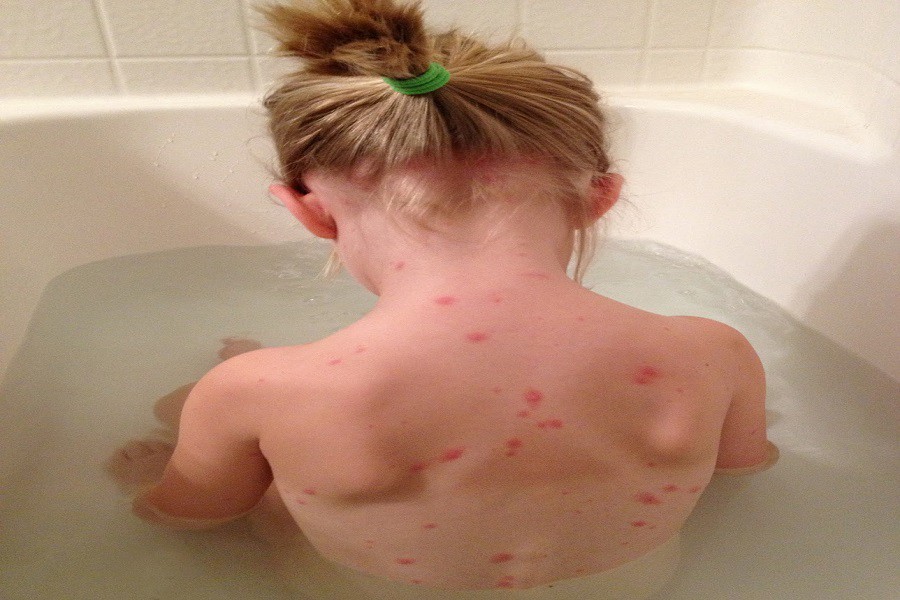Flea bite marks on people can be tricky to identify. Although cat fleas generally prefer animals as hosts, but on occasion, fleas may jump to humans when the animal no longer has an adequate supply of blood. Fleas usually target a person’s lower legs, it is where they tend to bite and leave red spots.
The reddened bite marks are very itchy especially when nothing is done to alleviate it. Fleas are not restricted to house pets and people, actually a home can become flea infested if rodents and other outdoor animals venture into the house along with fleas.

Flea saliva
Bites are only one of the ways a flea can affect a person, for people who are allergic to fleas, their saliva left on the bite spot will redden and develop into allergy Dermatitis. Since allergic reactions make the bite marks a lot more itchy than normal, if left untreated it will develop secondary infections.
Flea bite treatment for animals
While it is very tempting to kick off treatment immediately you notice fleas of your pet, it is better to consult an experienced veterinarian before administering any treatment.
These are two things you can do while you wait for the vet;
- Use shampoos recommended for flea bites to bath your pet thoroughly.
- Make sure the water is cold almost ice cold, it will help to reduce the swelling and itching.
Your veterinarian will continue the treatment after studying the pet. Antihistamines should never be administered without the knowledge of an expert as the animal might be allergic.
Treatment for human flea bites
Basically every mammal in a home is prone to flea attack, for humans flea bites can be treated with the following steps;
- Make sure the bite mark is completely clean by washing it gently with an antiseptic soap.
- Place an ice pack on the reddened spot to reduce the swelling.
- Apply a generous amount of anesthetic cream to it, this will considerably reduce the itching.
Secondary infections are common with these bites, once the wound starts to excrete puss it is a definite sign of another infection. Consult your doctor for the next step on how to handle it. Keep in mind that treatments without full extermination are useless.